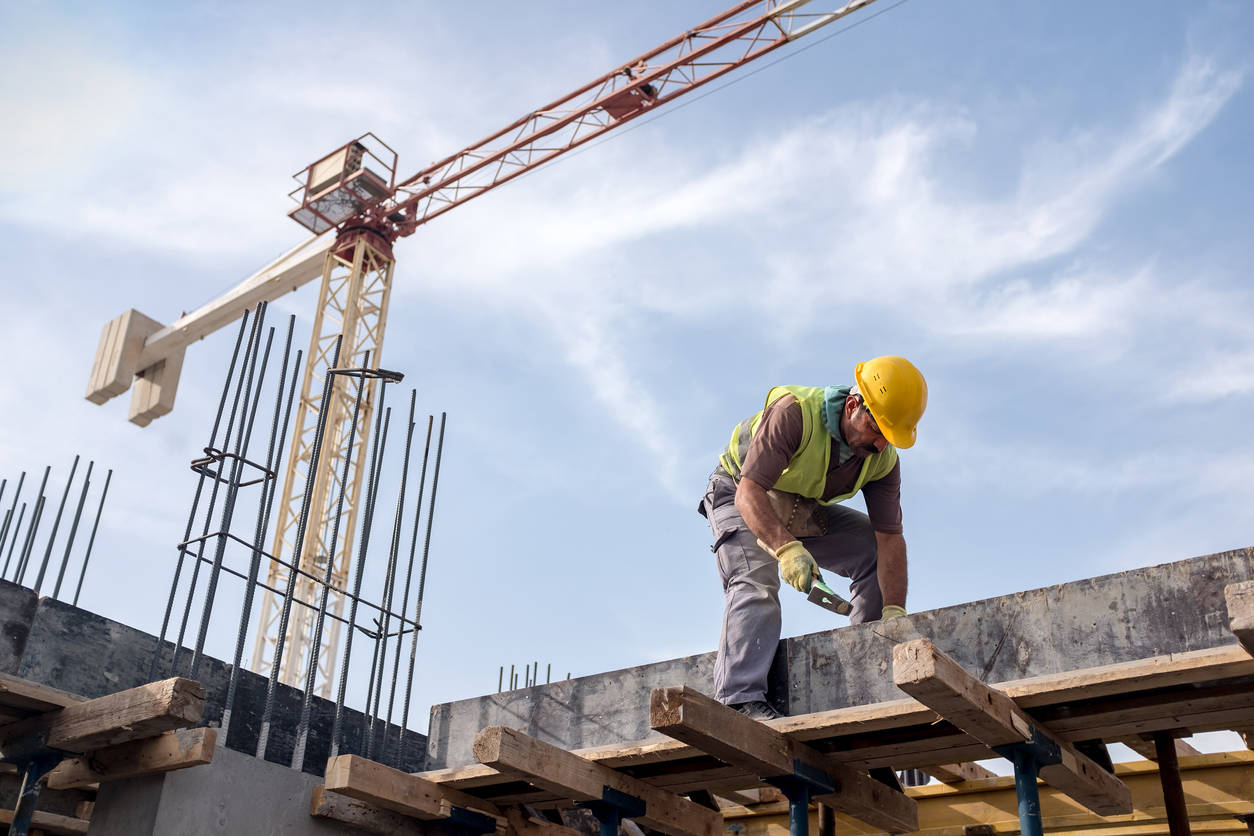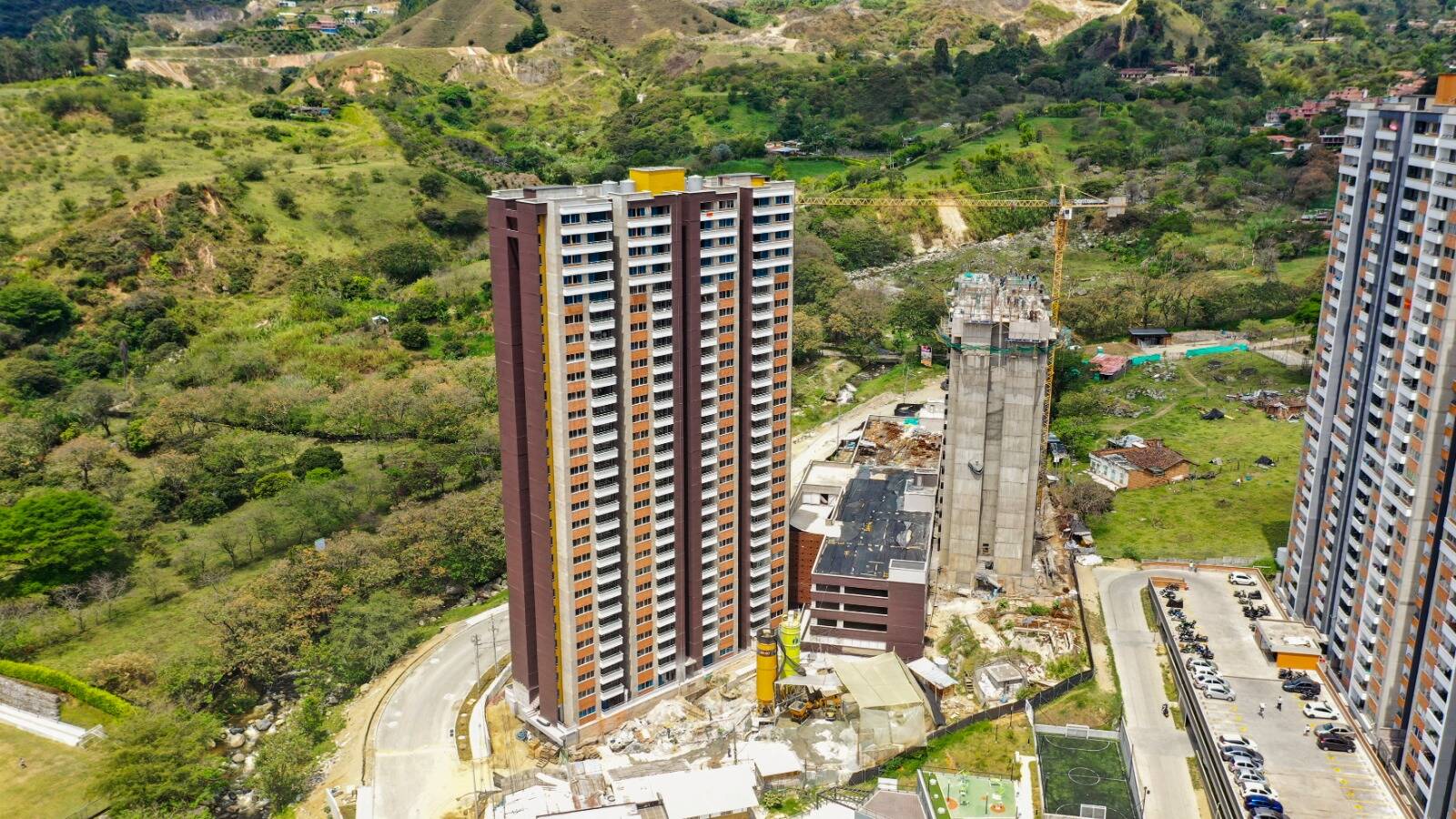The Petro administration will no longer provide Mi Casa Ya subsidies: what will happen to the 45,000 households that had applied?

In an interview with EL TIEMPO, Housing Minister Helga Rivas confirmed what had become an open secret in the country for several months: no new Mi Casa Ya subsidies will be provided during President Gustavo Petro's administration.
However, this doesn't mean the program is coming to an end, as it could be reactivated under a future administration. Mi Casa Ya was created 10 years ago and had established itself as a fundamental aid for thousands of low-income families to purchase their own homes.
According to the minister, this decision was made because the National Government has already achieved the goal set in the National Development Plan of providing 222,121 subsidies, although this achievement has been widely questioned.

Photo: iStock
"This program will continue to exist, but the funds earmarked for these subsidies have already been allocated during President Gustavo Petro's 2022-2026 administration," he stated.
This also means that the 50,000 annual Mi Casa Ya subsidies that the Ministry of Housing has repeatedly promised for 2025 and 2026 will not be delivered either, especially with Colombia's current fiscal problems.
"We don't have 50,000 subsidies budgeted for next year. There will be other alternatives for new home purchases, such as the National Savings Fund, banks, and local authorities, which are also providing subsidies," confirmed Minister Helga Rivas.

Photo: iStock
According to the Minister of Housing, from August 2022 to June 2025, 226,735 home purchase subsidies have been delivered , compared to the target of 222,121. This represents 102 percent compliance.
Of this total, the National Government has funded 114,700 subsidies, and the Family Compensation Funds have distributed the remaining 112,035. It is precisely this latter figure that has drawn strong criticism from experts and organizations like Camacol.
They claim that the 200,000 housing subsidies initially promised by Gustavo Petro's government did not include those provided by the Family Compensation Funds, and that they should not be taken into account because they are not funded with public funds.
In fact, in its 2023 management report, the Ministry of Housing did not include the Family Compensation Fund subsidies in its accounts, something it did when it submitted the 2024 report, which allowed it to show 97.4 percent compliance.

Photo: Contex
In addition, in a press release dated January 16, 2024, titled "My House Now Allocations Begin in 2024," the Ministry of Housing stated: "The allocation goal is 50,000 annual subsidies, which already have guaranteed interest rate coverage. In total, there will be 200,000 subsidies across the government."
In response to these questions, Minister Helga Rivas asserted that the target indicator was always very clear, specifying that it referred to "subsidies for the purchase of new housing in urban and rural areas" and that subsidies from Family Compensation Funds could be added.
"I was told the housing policy was over. Sorry, but the housing policy wasn't the My House Now program, but rather reviewing rural areas, water, and land use planning, issuing all the decrees we've been issuing, and looking at the full range of housing alternatives," he added.
He also stated that since he arrived at the Ministry of Housing in July 2024 , "I didn't want to talk about My House Now again because the law doesn't talk about My House Now, but rather about housing solutions."

Photo: iStock
Although President Gustavo Petro's government will no longer provide Mi Casa Ya subsidies, other options have been made available to help households fulfill their dream of owning their own home.
Minister Helga Rivas stated that they are working with private banks to ensure that the 45,000 people who had applied for Mi Casa Ya do not give up on their desire to buy a home.
He also highlighted that the National Savings Fund is financing up to 90 percent of the initial payment and that the current "indicators are favorable for people to continue accessing credit."
"A range of alternatives are being generated through public policy, other than subsidies, because subsidies are not the only way for a family to access housing," the official added.
eltiempo





